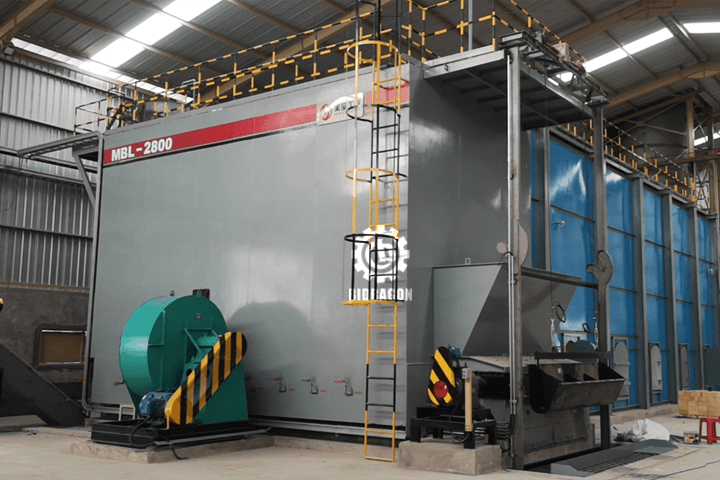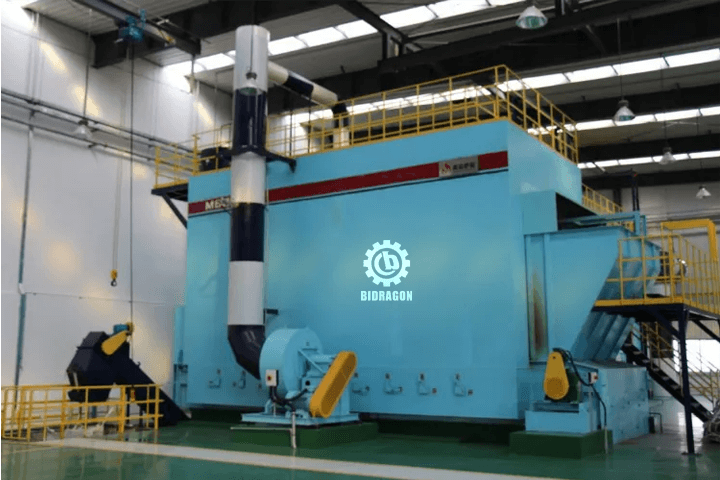
Hot Air refers to air that has been heated to a specific temperature through thermal energy transfer, typically used for applications requiring controlled warmth. It is widely applied in industrial drying (e.g., drying agricultural products, industrial materials), space heating (for workshops, warehouses), and process (such as preheating air for combustion systems), providing a clean and efficient heat transfer medium.
Supply high temperature hot air for following application:
1. Processing drying of chemical products and medicines.
2. Baking coatings and powder spraying curing in the car, motorcycle, container, household appliances, etc., field.
3. Textile printing and garment field for the thermoforming, thermosol dyeing, baking and hot air stenter, etc.
4. Casting industry moulding sand and sand core drying.
5. Building materials industry, wood drying, man-made board, laminated sheet drying, drywall drying, glass fiber products drying.
6. Roasting for agricultural products, feed and food processing.
7. Heating industrial plants and civil buildings.
8. Welding industry and solder drying.
9. Drying in heat preservation material, glass fiber reinforced plastic industry, aluminium silicate products, rare earth heat preservation, glass reinforced plastic products, etc., field.
